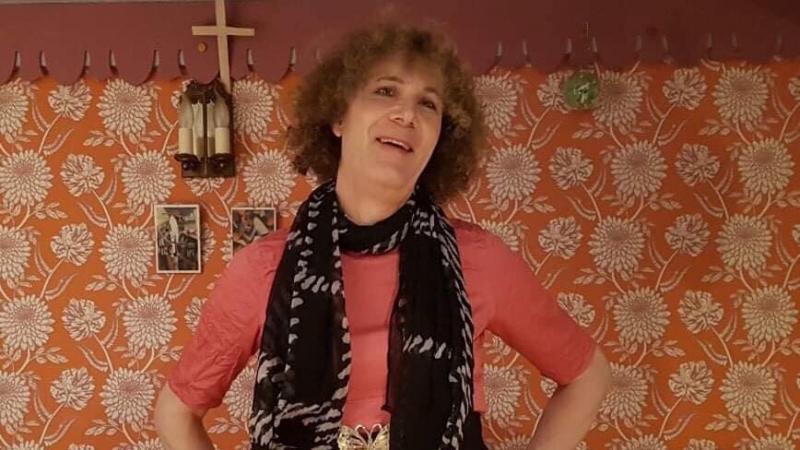Pippa Catterall, Professor of History and Policy, has been quoted in The Week, based a blog post she has written for the London School of Economics (LSE) blog, explaining why some people may see the EU as undemocratic.

Professor Catterall was quoted as saying: “Because it remains fundamentally an international organisation, it does not have a ‘government’ which can be voted out by the disgruntled.
“Its parliament makes laws and holds confirmation hearings on appointees, but those appointees are placed there by horse-trading between the member states, rather than directly.
“In that sense, the EU’s organisation falls some way between that of an international organisation (which few people expect to be democratic), and that of a state. However, the more the EU seems to resemble a state rather than an international organisation, the more it has become judged by the normative expectations of how democratic the former rather than the latter are.”
In the LSE blog, Professor Catterall explained: "No international organisation is ‘democratic’. Indeed, there is only one international organisation which even tries to be democratic, the one called the European Union. All international organisations increasingly have impacts behind borders, particularly those which – like the EU – deal primarily with trade, because of the way international trade has come to be dominated by regulations and standards. Only the EU has sought to give voice to those affected by such developments, in the form of a directly-elected parliament representative of the peoples it encompasses, rather than simply being beholden to its Member States. Yet this most democratic of international organisations is also the one which is most often traduced as ‘undemocratic’."
Read the full article on The Week’s website.


